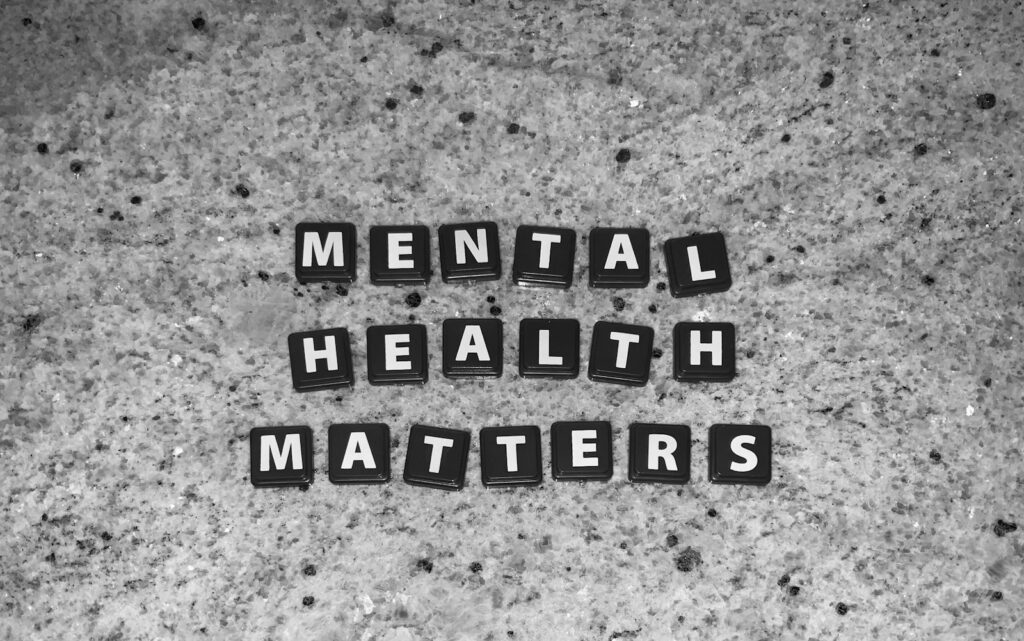How To Speak To A Young Person About Mental Health

A leading wellbeing expert has offered her advice on how to best talk to young people about mental health.
In a bid to help raise awareness as part of Children’s Mental Health week, author and counsellor Lynn Crilly, said: “The difficulty in separating and identifying a mental illness, especially in a young person, is that a young person can seem reluctant to openly communicate with those closest to them, thus making an accurate diagnosis quite challenging and difficult.
“Confronting them head-on and throwing specific questions at them, such as ‘Do you have a mental illness?’ or ‘Have you self-harmed?’ may be counter-productive, causing them to clam-up, run away or shout back. Instead, creating an environment where they feel trusted, safe and respected is much more likely to help them open up.
“This means making mental health a subject that you talk about little and often. It is just as important as physical health and if we can begin to talk about it in the same way as we do other illnesses it will not be pushed to one side and get worse. It also means that youngsters are less likely to bottle it up because they will not have fears about how you may react.”
Lynn, an author, counsellor and film-maker, is one of the country’s leading authorities on wellbeing. Along with her daughter Samantha, crusading Lynn has even developed a teddy bear, called the Troublemuncher, to help young people who are suffering.
Lynn continued: “There will be times when you have specific issues to address and where and when you to do this is up to you but choose a place to talk where they feel relaxed and unpressurised. Some parents find that a car journey can be a good place to conduct tricky conversations, allowing youngsters to talk without the full glare of their parents’ attention on them. Adults too may feel more at ease than they might do facing their teenager over the kitchen table or in the naturally defensive environment of the teen’s bedroom. Talking on a car journey also makes it harder to slam doors or storm out.
“Wherever and whenever you decide to talk, start the conversation without accusation or assumption and try to ask open questions rather than homing in on specific issues. This might mean opening up the conversation by saying something like “You have been very quiet lately…is something troubling you?” or “You do not seem yourself recently, is there anything wrong?”.
“It is important not to judge your teenager, even if you do not necessarily agree with what they are telling you. Even though your mind may be racing and your heart hammering, it is important to stay calm. When they are looking to you for guidance, showing panic will only unsettle your teen further. Perhaps you can share a situation in your own life where you felt worried or stressed to show them that their feelings are understandable and natural.
Here, Lynn shares some additional tips on how to best offer support to young people who may be suffering
Remember to praise your child. Not only for a job well done, but also for the effort they have put in, whilst always remaining truthful.
Remember to reward effort and completion, rather than outcome. It’s important to remember that sometimes a child’s skill level just isn’t there, but with high self-esteem comes an acceptance of what we are good at, what we are not so good at and what makes us unique.
Don’t try to make your child into something they are not. All children have their own strengths and weaknesses. A lot of children feel that they have to live up to their parents’ expectations of them, rather than developing the skills that they are naturally good at and enjoy.
Having realistic standards is a way to maintain high levels of self-esteem. As a parent, you need to be astute to your child’s irrational beliefs about themselves, whether these beliefs are about perfection, attractiveness, ability or anything else. It’s important to help them to set more accurate standards and be more realistic in evaluating themselves, so they have an accurate concept of themselves and others.
Image source: Unsplash





